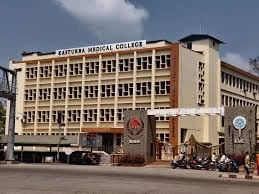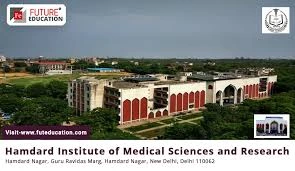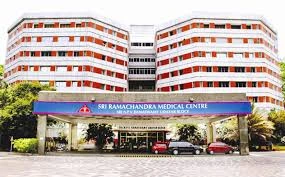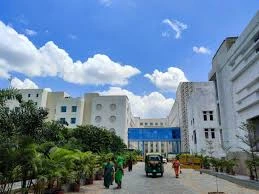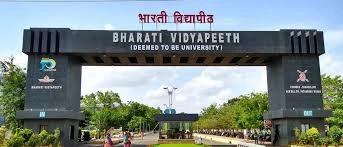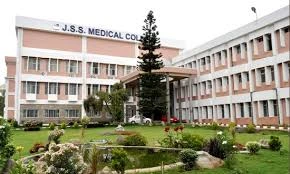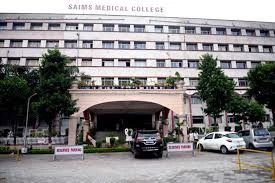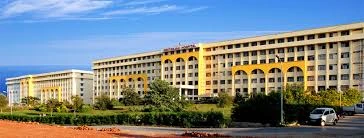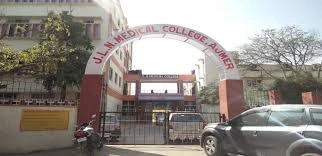- Home
-
Service
- Study Abroad
- B.Tech Admission 2025
- MBBS In India
- Study BJMC / MJMC in Delhi
- Study B.Des / M.Des in Delhi
- Study MBA/PGDM in Delhi
- Study MBA/PGDM in Punjab
- Study MBA/PGDM in Uttarakhand
- Undergraduate Program in Delhi
- Undergraduate Program in Punjab
- Study BBA in Delhi
- Study BBA in Uttarakhand
- Study BBA in Punjab
- Study BCA in Delhi
- Study BCA in Uttarakhand
- Study BCA in Punjab
- Contact Us

